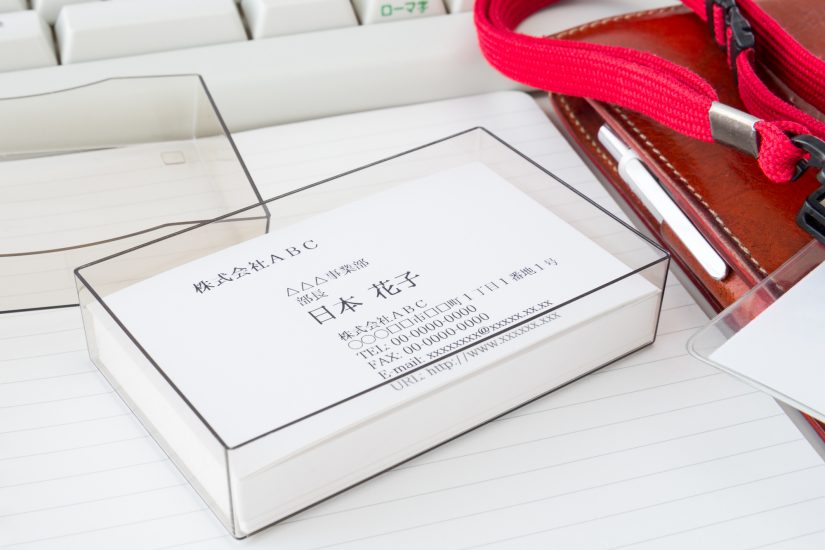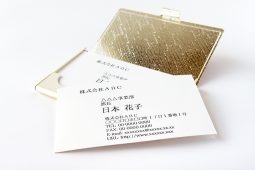As part of business traditions in Japan, there is something called ‘Meishi’. In English, these are called business cards, and used throughout the world.
Particularly in Japan, meishi culture is prevalent, and meishi are exchanged in almost 100% of business. One country, with a similar meishi culture, is South Korea. Certainly, these exist in the rest of the Asian sphere and in Europe and North America as well, but the amount of meishi (or business cards) exchanged is said to be as much as 10 billion. According to the investigative firm Seed Planning, the market for business-aimed business card management services is expected to reach 6.8 billion yen by 2020.
In Japan, many companies incorporate meishi management services, of which there are several versions.
The biggest share belongs to a service called Sansan. Its industry share is 80%, having been used by about 7,000 companies. The other day, it rose in the Tokyo Stock Exchange Mothers, aimed at new and rising Japanese companies, and by mid-July it reached 18 billion yen.
As for how the management service works, first the business card is photographed by a smartphone camera or a scanner, and then the company operators input it by hand, completing the business card data. The finished business card data allows you to make a call by tapping the phone number, compose a preformatted email by tapping the mail address, compare locational data between yourself and the business card holder to determine if a customer you interacted with is nearby, and so on.
However, that’s not all. These business cards are also a treasure trove of lead data. It’s compatible with SFA, CRM, SNS and MA functions, and by using API and the like to coordinate with the services of other companies, you can use business card data to manage deals and business, in Japan, Salesforce, Microsoft Dynamics 365, kintone and so on are popular for this.
In addition, many afford the same functions within the business card management service, allowing for centralised control.
This allows you to make deals with the corporations and holders of the business card, or during such discussions, keep company restructuring information, news releases and the like on your dashboard all at once. This allows for carrying business dealings more effectively, and it can be used for marketing as a lead as well.
In future, it’s thought that AI will be incorporated, allowing for meishi recognition and registration, organising business deals, offering support and so on. For example, ‘this lead customer just started a new endeavour on this news release, so why not approach them with this product? ’, and other such suggestions.
It should be interesting to see AI technology used in such situations.
For example, as communities using business card data as a core such as LinkedIn and Eight spread, this will only become more and more important not only for domestic business, but for operating a business abroad.
Meishi management services are based in data accumulation on the cloud, and so they often use public clouds such as AWS. Some use multiple clouds for their service, such as AWS and GCP. As far as design goes, the iOS and Android apps are typically developed in Swift or Java, while web applications use Ruby on Rails and other such frameworks for everything from UI design to data I/O to polish their service. In future, with the advent of AI technology and big data, the field of possibilities and applications for this will grow vastly.
Seeing Japan’s classic face-to-face business scene of meishi transforming into a new service in the face of new technology is fascinating, and every step of helping to design and implementing that new service promises to be rewarding as well!








